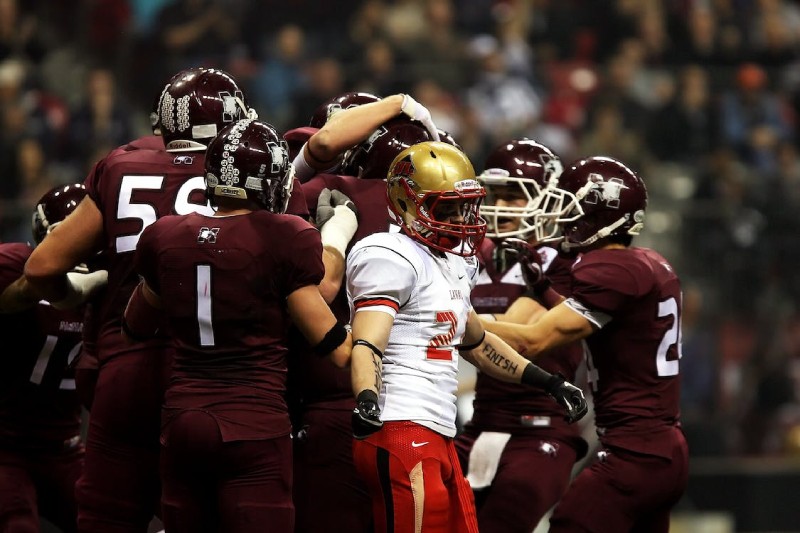No one hates winning, but at the cost of your morality and happiness, it is not the best thing. Whether sports or academia, college is booming with competition, but sometimes, we get so immersed in being at the top of the pyramid that we forget to enjoy the journey. It becomes a coping mechanism to feed your ego and validate your distorted beliefs.
Can you recall a memory from college where you took a competition too far? Did it make you feel angry and selfish, leaving a sour taste in your mouth? Sometimes, we forget that winning and losing is a part of life. It helps you discover your humble side, moving your focus from yourself to others around you.
It is challenging to avoid competition entirely as it is an essential social metric for success, but don’t let it overpower your morality. Let’s examine the importance and drawbacks of being excessively competitive.
The Need for Competitive Spirit as a College Student
It fosters motivation and excellence in academic life, which is the dream of every hard-working student. A simple example would be the famous theory of “survival of the fittest.” Human nature thrived on competition from the beginning and continues to do so in academia, especially college students who aspire to get into rewarding careers by excelling in their courses, extracurricular, and research studies.
Many students from the same course compete for a position or a job; in such times, your competence, academic excellence, and willingness to work should decide your career pathways, not your need to one-up your peers.
Over-Competitiveness: How It Differs From the Above
A competitive person will focus on themselves and work on self-improvement to maximize their chances for success.
Meanwhile, overcompetitiveness shifts your focus to your competitors.
Focusing too much on the competitor can be harmful to both sides, as it gives room to irrational emotions such as jealousy, meltdowns, and verbal conflicts. An example of this outburst can be read in Leslie and Dr. Eugene Hayes’ college chronicles: The Unofficial Guide to Surviving College. A football match turned into a battleground because of a dirty hit from the opposite team. The scuffle turned into a full-fledged fight that caused the suspension of many good players.
Adverse Effects on Personal Development & Consequences
It can take a toll on your mental well-being; what starts as an obsession to become #1 turns into jealousy and a foul mood that affects your social interactions. It makes you miserable because you ignore the good things in life and keep wishing for more, never satisfied.
Driving perfectionism, over-exerting yourself, and burnout are expected consequences of overcompetitiveness. And the best way to win against it is never to let go of your morality. A solid moral meter and ethics help people self-reflect and control their emotions.
A student already has a lot on their plate and shouldn’t add to their struggles by competing more than their abilities. It is better to take it slow, be patient and kind to yourself, and follow all the excellent advice Leslie has packed for you in his college survival hack co-authored by his dad, Dr. Eugene Hayes, titled The Unofficial Guide to Surviving College.


